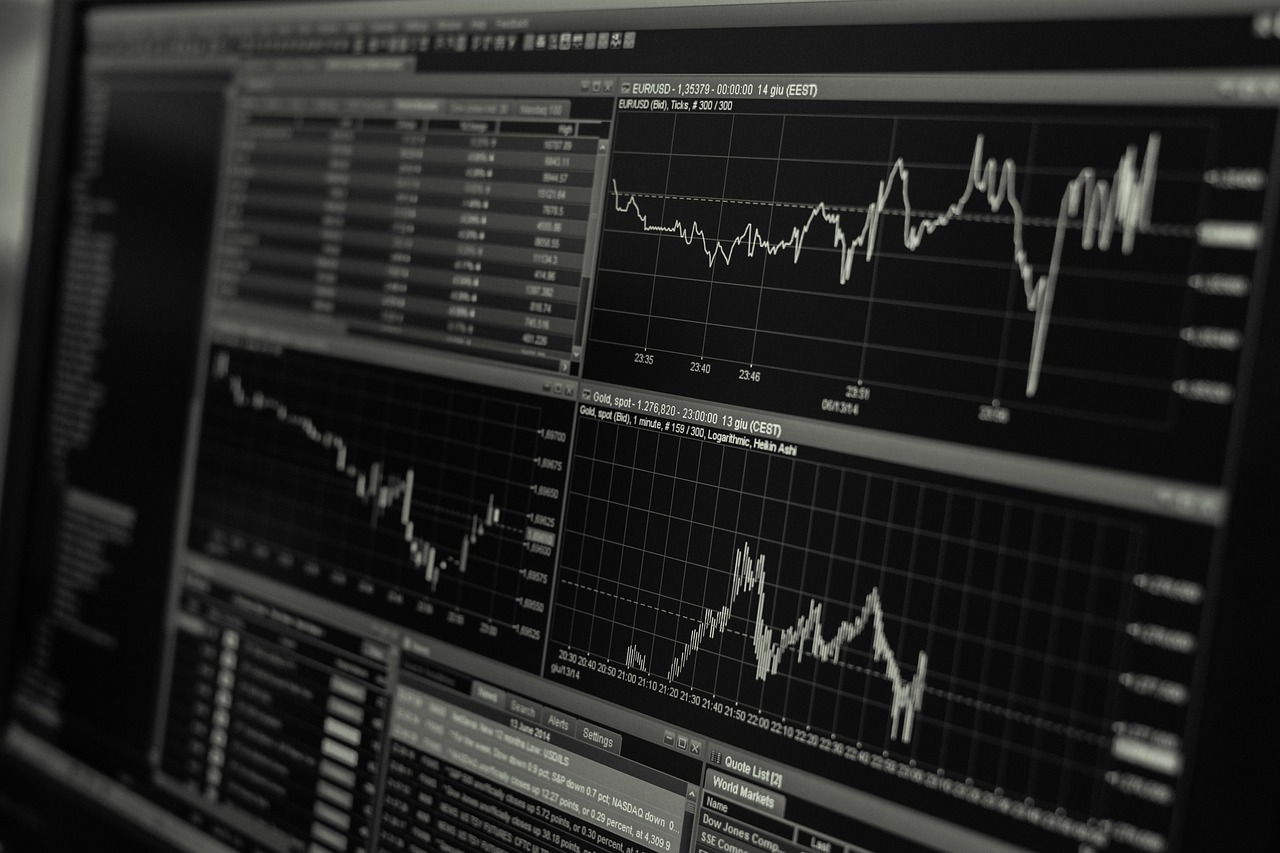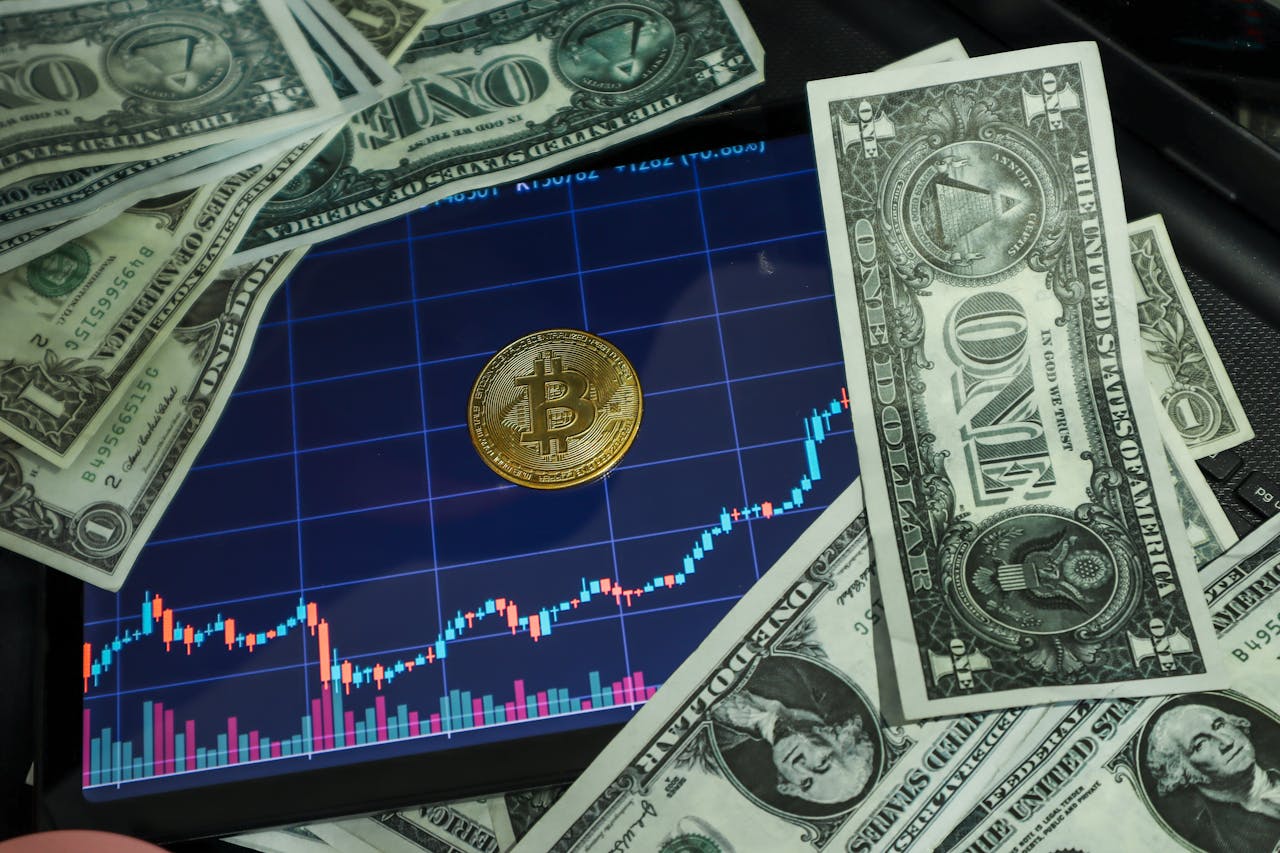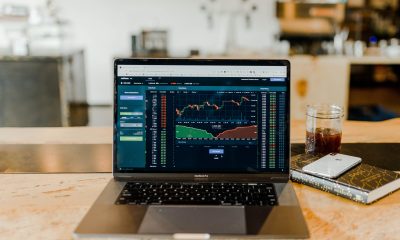Business
UBS Bailout of Credit Suisse Leaves Markets in Doubt and Spanish Banking Sector Suffers Instability
Hours after the purchase of Credit Suisse by UBS was sealed, the company’s CEO has called for calm in the markets. Ralph Hamers believes that the transaction, which was agreed upon with the Swiss authorities and involves the acquisition of the entity for 3 billion Swiss francs (€3.04 billion), brings security and stability and helps to defend Switzerland’s reputation as a financial center.

Neither the announcements by UBS to acquire Credit Suisse for almost €2 billion nor those of the European Central Bank and the Fed proposing an exchange of liquidity to ensure money in circulation, at a time of uncertainty such as the one the financial markets are experiencing, have reassured investors.
This Monday, March 20th, the Ibex 35 started the week with new sharp declines due to the banking sector. Banco Sabadell is the entity that lost the most at the beginning of the session and has fallen by 7% during the first stages of this Monday. Unicaja, which started out as one of the companies with the fewest losses, has begun to plummet and is down 6.3% on the panels of the Spanish selective index.
If you want to find more details about Credit Suisse’s collapse and the instability of the Spanish banking sector, and to be up to date with the most important business headlines of the day, download for free our companion app Born2Invest.
The Swiss government backs the purchase of Credit Suisse by UBS with a €9 billion guarantee
CaixaBank was the third bank with the biggest fall on the stock market and its market capitalization fell by 5%. For their part, Banco Santander and Bankinter extended their losses by 4.5%.
The Ibex 35 futures foreshadowed a bad day and the Spanish selective index futures showed a 1% loss before opening the session. The first minutes of Monday, with the markets open, have been hesitant, but the banking sector has dragged down the rest of the stocks and the main national market has lost 2%.
After hours of uncertainty, the banking sector recovered the lost ground and during the rest of the session, the entities were able to overcome their losses on the trading floor, with some of them surpassing the gains.
Asia closed in the red
The main stock market indexes in Asia fell in Monday’s session, just hours after the announcement of the purchase of Credit Suisse by its rival UBS in exchange for 3 billion Swiss francs (some €3.04 billion).
The Tokyo Stock Exchange’s Nikkei closed the session with a decline of 1.42%, with the shares of banks such as Sumitomo Mitsui Financial Group (-1.67%) and Mitsubishi UFJ Financial Group (-1.84%) down.
On its side, the selective Hong Kong Hang Seng managed to reduce its losses in the last part of the session to below 3%, while the CSI 300 index, which replicates the performance of the main stocks of the Shenzen and Shanghai markets, fell 0.50%.
UBS calls for calm
Hours after the purchase of Credit Suisse by UBS was sealed, the company’s CEO has called for calm in the markets. Ralph Hamers believes that the transaction, which was agreed upon with the Swiss authorities and involves the acquisition of the entity for 3 billion Swiss francs (3.037 billion euros), brings security and stability and helps to defend Switzerland’s reputation as a financial center.
“The acquisition means that we are restoring stability and security to Credit Suisse’s clients. But also that we are defending the reputation of the Swiss financial center.”
__
(Featured image by 3844328 via Pixabay)
DISCLAIMER: This article was written by a third party contributor and does not reflect the opinion of Born2Invest, its management, staff or its associates. Please review our disclaimer for more information.
This article may include forward-looking statements. These forward-looking statements generally are identified by the words “believe,” “project,” “estimate,” “become,” “plan,” “will,” and similar expressions. These forward-looking statements involve known and unknown risks as well as uncertainties, including those discussed in the following cautionary statements and elsewhere in this article and on this site. Although the Company may believe that its expectations are based on reasonable assumptions, the actual results that the Company may achieve may differ materially from any forward-looking statements, which reflect the opinions of the management of the Company only as of the date hereof. Additionally, please make sure to read these important disclosures.
First published in EL INDEPENDIENTE, a third-party contributor translated and adapted the article from the original. In case of discrepancy, the original will prevail.
Although we made reasonable efforts to provide accurate translations, some parts may be incorrect. Born2Invest assumes no responsibility for errors, omissions or ambiguities in the translations provided on this website. Any person or entity relying on translated content does so at their own risk. Born2Invest is not responsible for losses caused by such reliance on the accuracy or reliability of translated information. If you wish to report an error or inaccuracy in the translation, we encourage you to contact us.

-

 Business1 week ago
Business1 week agoThe TopRanked.io Weekly Digest: What’s Hot in Affiliate Marketing [uMobix Affiliate Program Review]
-

 Business2 weeks ago
Business2 weeks agoThe TopRanked.io Weekly Digest: What’s Hot in Affiliate Marketing [PureVPN Affiliates Review]
-

 Crypto2 days ago
Crypto2 days agoBitcoin Stabilizes Above $120K: Consolidation Signals Before Next Breakout
-

 Crowdfunding1 week ago
Crowdfunding1 week agoPMG Empowers Italian SMEs with Performance Marketing and Investor-Friendly Crowdfunding
























